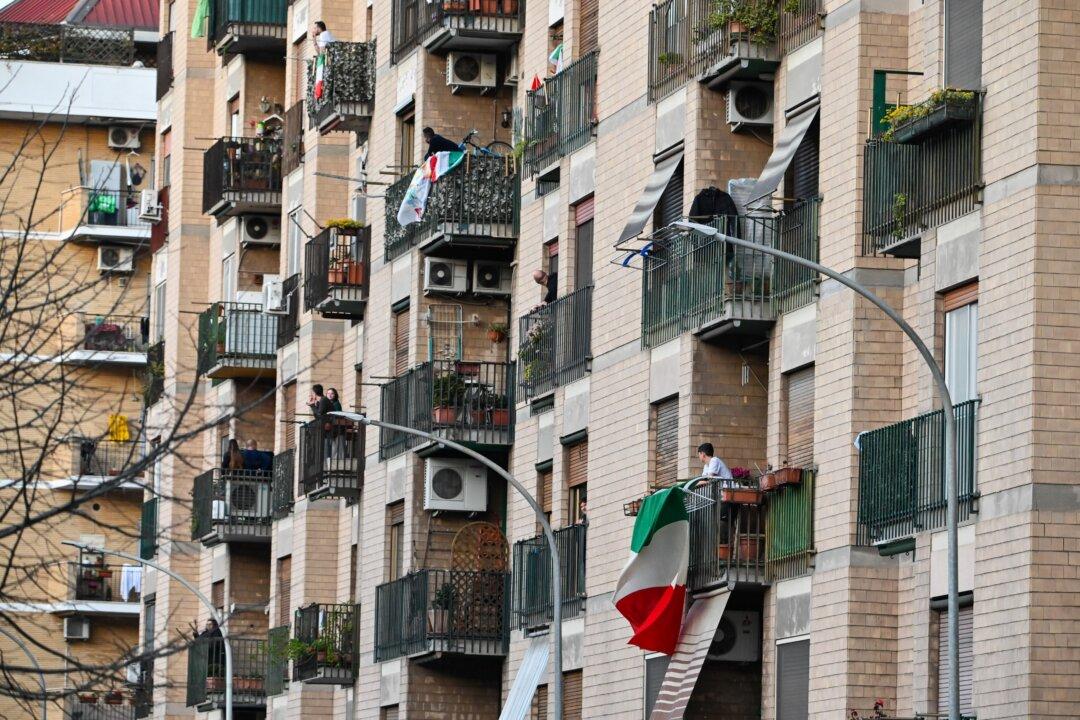Tens of thousands of people in the provinces of Brescia and Bergamo in the northern Italian region of Lombardy are providing false information on self-declaration forms, enabling them to leave their homes amid a nationwide lockdown due to CCP virus.
The Epoch Times refers to the novel coronavirus, which causes the disease COVID-19, as the CCP virus because the Chinese Communist Party’s coverup and mismanagement allowed the virus to spread throughout China and create a global pandemic.




